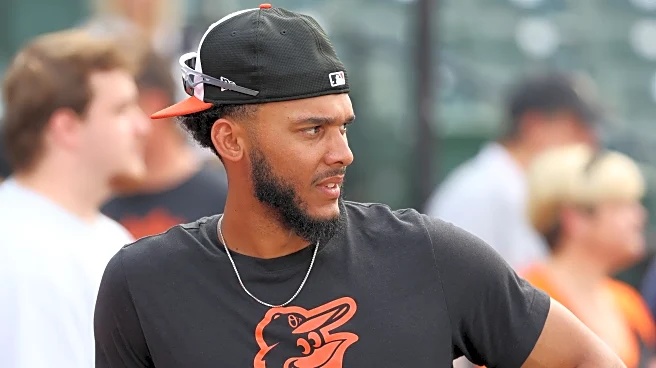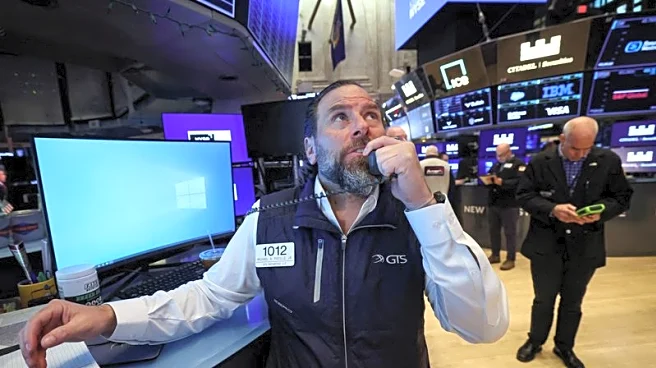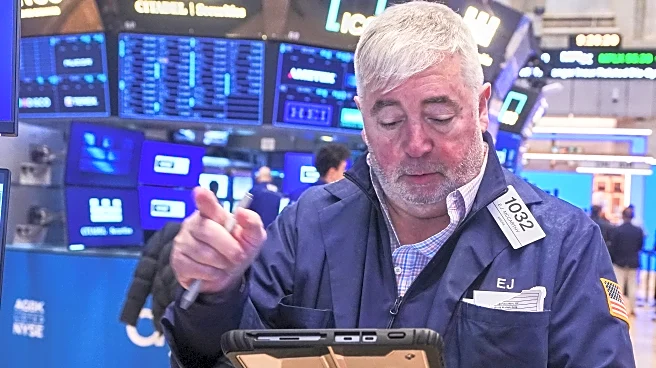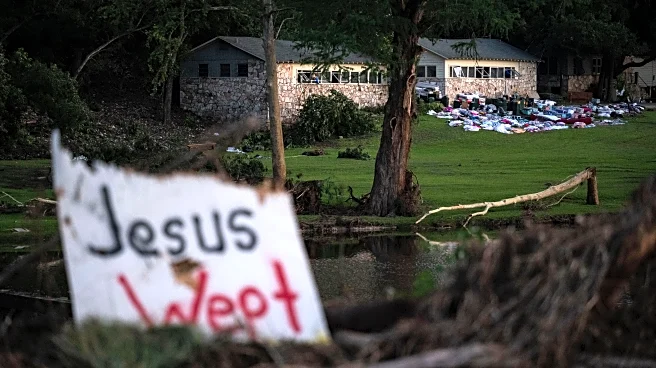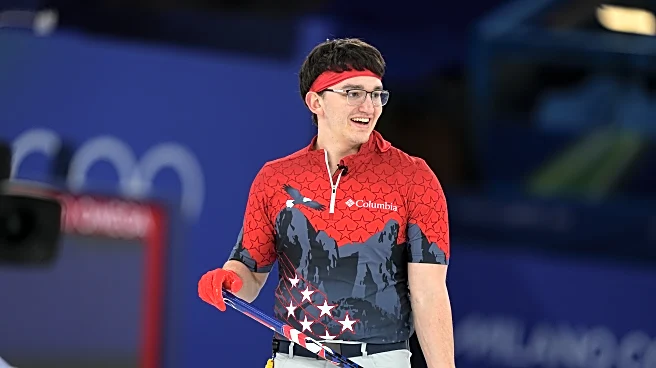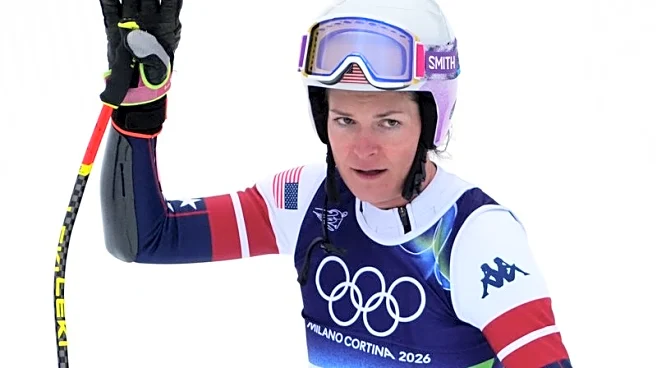When Jeremiah Jackson arrived in the Orioles organization as a minor league signing around this time last year, there was not much fanfare. At that point, he was a 24-year-old who had never made it above
the Double-A level and his most recent season with the Mets did not suggest he was on the way to be any more than that. As the 2025 season played out, Jackson turned for the better and the Orioles season turned for the worse, creating an opportunity for him to make a big league debut where he could make a strong early impression that might just keep him with a role heading into the 2026 season.
Even two months into the season, the outcome of “Jackson gets to the majors and acquits himself decently for a couple of months” did not seem particularly likely. The Orioles assigned him to Double-A Chesapeake to begin the season, where in April and May he batted .254/.291/.412 while playing all across the infield diamond. That’s a batting line that doesn’t even really suggest he earned the Triple-A promotion that he was given.
Earned or not, he made it, and that’s where things got interesting. Jackson spent the next two months with Norfolk and at the end of that stretch – 40 games – he’d hit 11 home runs with an OPS over 1.000. He did this while existing as a contact-oriented batter in a way that he hadn’t done as a professional before. Both his walk rate and strikeout rate were substantially lower than what he was doing with either of his previous two organizations.
When two outfield spots were suddenly open on August 1 due to the trades of Cedric Mullins and Ramón Laureano, the Orioles gave Jackson his chance. Never mind that he didn’t have much in the way of experience as an outfielder, this year or any previous year. There was no cost in a lost season to throwing him out there. If he flopped horribly, either offensively or defensively, it’s not like they were burning one of their own valued prospects in the process. Little to no organizational time and energy had been invested in Jackson’s success as compared to a high draft pick or notable trade acquisition.
After a tough first week or so, Jackson seemed to make a nice adjustment to the major league competition and by the end of August he’d gone on to this batting line: .323/.344/.484. This was looking like his 2025 minor league success with a high batting average and low walk rate. There were glaring signs that this would not last. Specifically, Jackson’s month of August came on a .412 batting average on balls in play (BABIP).
Nobody does that over a full season. It doesn’t happen. Even a freak generational talent like Aaron Judge in one of the best-hitting years of his career led the majors at a .376 BABIP. When people look at a BABIP number and say “that’s unsustainable,” what they mean is that when a guy’s luck starts to even out and fewer balls are falling in for hits, his batting numbers are going to go down in proportion.
Sure enough, by season’s end, Jackson dropped from a peak of an .898 OPS down to a .775, possibly with more bad batted ball luck headed his way (full-season BABIP of .365) if the sample size was extended longer. Going along with this is that Jackson wasn’t making the kind of consistent contact that he was in the minors this year. Over his 48 MLB games, he had a strikeout rate of 27.3%. That’s high for an MLB player. Only 12 full-time MLB players struck out at least that often this season. Half of these were good hitters; the ones who succeeded despite that strikeout rate walked much more often than Jackson.
Defensively, the Orioles played Jackson most often in right field. He looked about like an infielder thrown into the outfield would be expected to look. The eye test never looked good for me. In Statcast measures, Jackson’s negatives are largely concentrated in plays where he had to head towards the right-center gap. On the infield, where he played decent amounts of second base, third base, and shortstop in the minors, he has gotten neutral numbers. He hasn’t been tested as a major league shortstop and probably won’t be.
What should the Orioles make of all of this when it comes to putting together the best roster they can for 2026? Jackson was too good to just drop him onto the discard pile and hope you can churn through fringe players to find someone at least as good. (This is also true of the other, unrelated Jackson, Alex.) At the same time, what was good about his performance is not something that will just automatically carry over to a full season worth of batting, either as a starter or as a bench player. He should not be expected to hit as well in 2026.
I think that a reasonable optimistic case for Jeremiah Jackson’s role is that he would basically slot into the Ramón Urías kind of role, backing up multiple positions, hitting acceptably. Jackson might be able to hit a little better than Urías, particularly with more power than Urías, but also does not come with previous Gold Glove defensive pedigree. Of course, it’s arguable how much Urías was delivering on that pedigree in the last couple of years.
Jackson has theoretical outfield versatility that should not be tested too often. He could play if any one of these guys gets a scheduled day off, gets injured mid-game, or goes into a kind of Austin Hays-vintage “day-to-day but we’re not putting him on the injured list even if it drags out to like five days” limbo: Jackson Holliday, Jordan Westburg, Tyler O’Neill, Colton Cowser (not center field), Dylan Beavers. There’s value there. It’s not a player profile who will push the team into the World Series, but it should help them get through the 162-game grind to reach October.
As Jackson was a rookie in 2025, he will be making very near the MLB minimum for the 2026 season. It is good if you can find your bench options internally because that means you don’t have to go into free agency, figure out who will accept a bench role, and offer them several million dollars in hopes that they don’t suck. Most times a team does this, they will not get 2025 Ramón Laureano.
The Orioles should probably still stock a couple of minor league depth options for this role in case Jackson is not up to snuff over a full regular season. Not every fun surprise one year can do it again in a second, full season. I’ll be rooting for him to keep it up, though. He’s fun.
Monday: Gunnar Henderson
